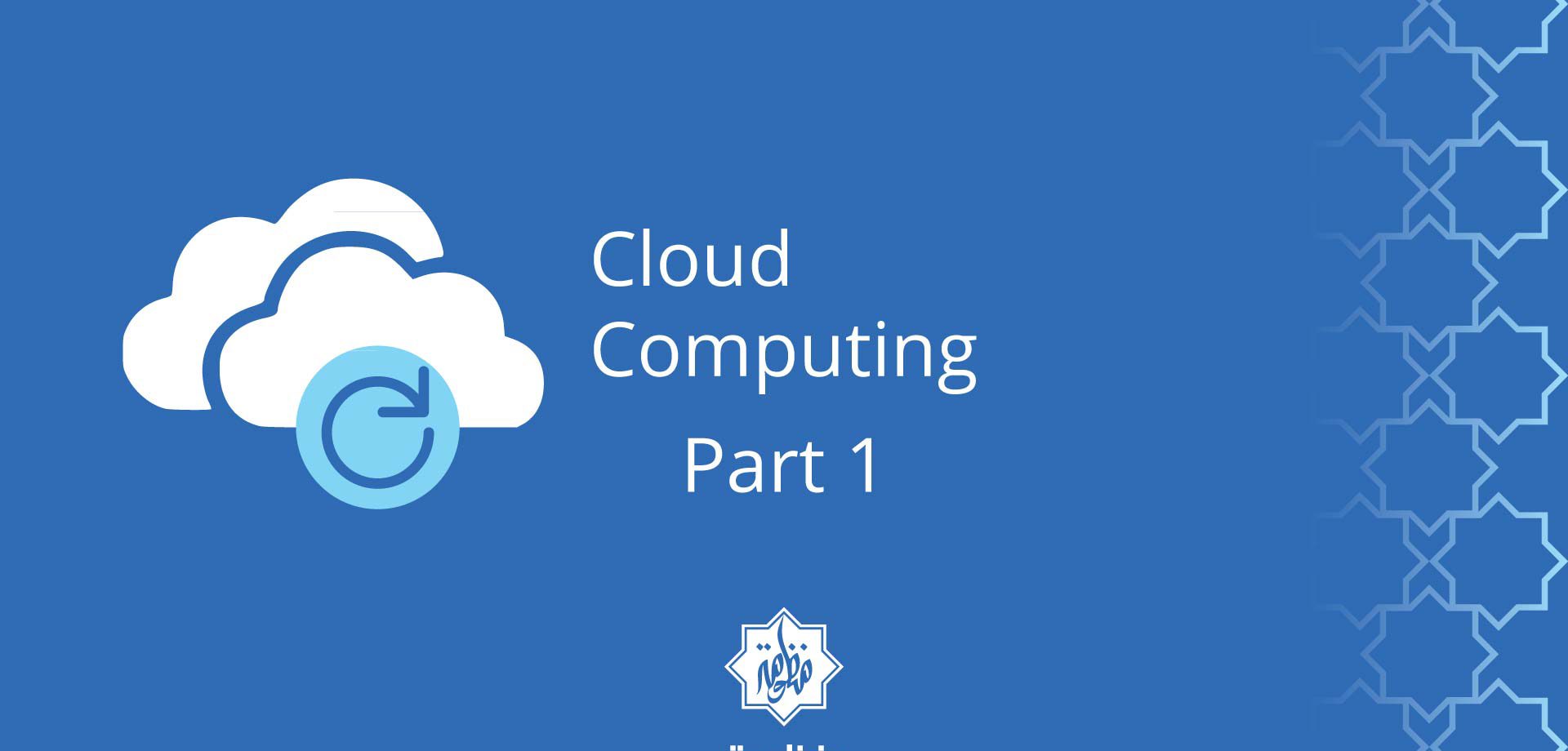It’s a type of Internet-based computing that provides shared computer processing resources and data to computers and other devices on demand, It is a model for enabling ubiquitous, on-demand access to a shared pool of configurable computing resources (e.g., computer networks, servers, storage, applications and services), which can be rapidly provisioned and released with minimal management effort.
Cloud computing and storage solutions provide users and enterprises with various capabilities to store and process their data in either privately owned, or third-party data centers that may be located far from the user–ranging in distance from across a city to across the world.
Cloud computing relies on sharing of resources to achieve coherence and economy of scale, similar to a utility (like the electricity grid) over an electricity network.
The Difference between Cloud Computing and Virtualization
Cloud computing is not a replacement for Virtualization.Virtualization is a technology while cloud computing is a services based on these technology.
Virtualization Reduced physical redundancy, Decrease downtime and support privacy.
Cloud computing offer pay as you g, on demand self-service, give us a tool for monitoring and measurement, and a resource pooling the existing resource and dynamically allocate or reallocate resources on demands.
Benefits of cloud computing
Reduced IT costs
Moving to cloud computing may reduce the cost of managing and maintaining your IT systems. Rather than purchasing expensive systems and equipment for your business, you can reduce your costs by using the resources of your cloud computing service provider. You may be able to reduce your operating costs because:
- the cost of system upgrades, new hardware and software may be included in your contract
- you no longer need to pay wages for expert staff
- your energy consumption costs may be reduced
- There are fewer time delays
Scalability
Your business can scale up or scale down your operation and storage needs quickly to suit your situation, allowing flexibility as your needs change. Rather than purchasing and installing expensive upgrades yourself, your cloud computer service provider can handle this for you. Using the cloud frees up your time so you can get on with running your business.
Business continuity
Protecting your data and systems is an important part of business continuity planning. Whether you experience a natural disaster, power failure or other crisis, having your data stored in the cloud ensures it is backed up and protected in a secure and safe location. Being able to access your data again quickly allows you to conduct business as usual, minimizing any downtime and loss of productivity.
Collaboration efficiency
Collaboration in a cloud environment gives your business the ability to communicate and share more easily outside of the traditional methods. If you are working on a project across different locations, you could use cloud computing to give employees, contractors and third parties access to the same files. You could also choose a cloud computing model that makes it easy for you to share your records with your advisers (e.g. a quick and secure way to share accounting records with your accountant or financial adviser).
Flexibility of work practices
Cloud computing allows employees to be more flexible in their work practices. For example, you have the ability to access data from home, on holiday, or via the commute to and from work (providing you have an internet connection). If you need access to your data while you are off-site, you can connect to your virtual office, quickly and easily.
Access to automatic updates
Access to automatic updates for your IT requirements may be included in your service fee. Depending on your cloud computing service provider, your system will regularly be updated with the latest technology. This could include up-to-date versions of software, as well as upgrades to servers and computer processing power.


